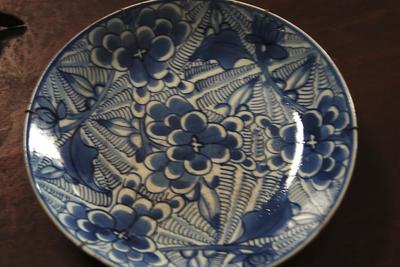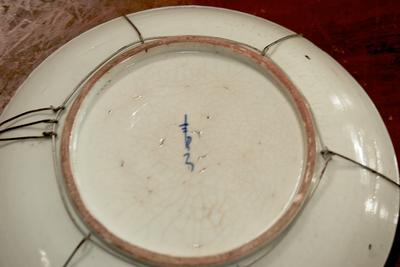Commenting is deactivated.
Please post all new topics and queries to the
Discussion Forum
B/W Plate
by tom
(South Borneo)

Hi Peter, would you please comment on this one...most likely fake...?
Comments for B/W Plate
|
||
|
||
|
||
|
||
|
||
|
||
|
||
search by keyword



